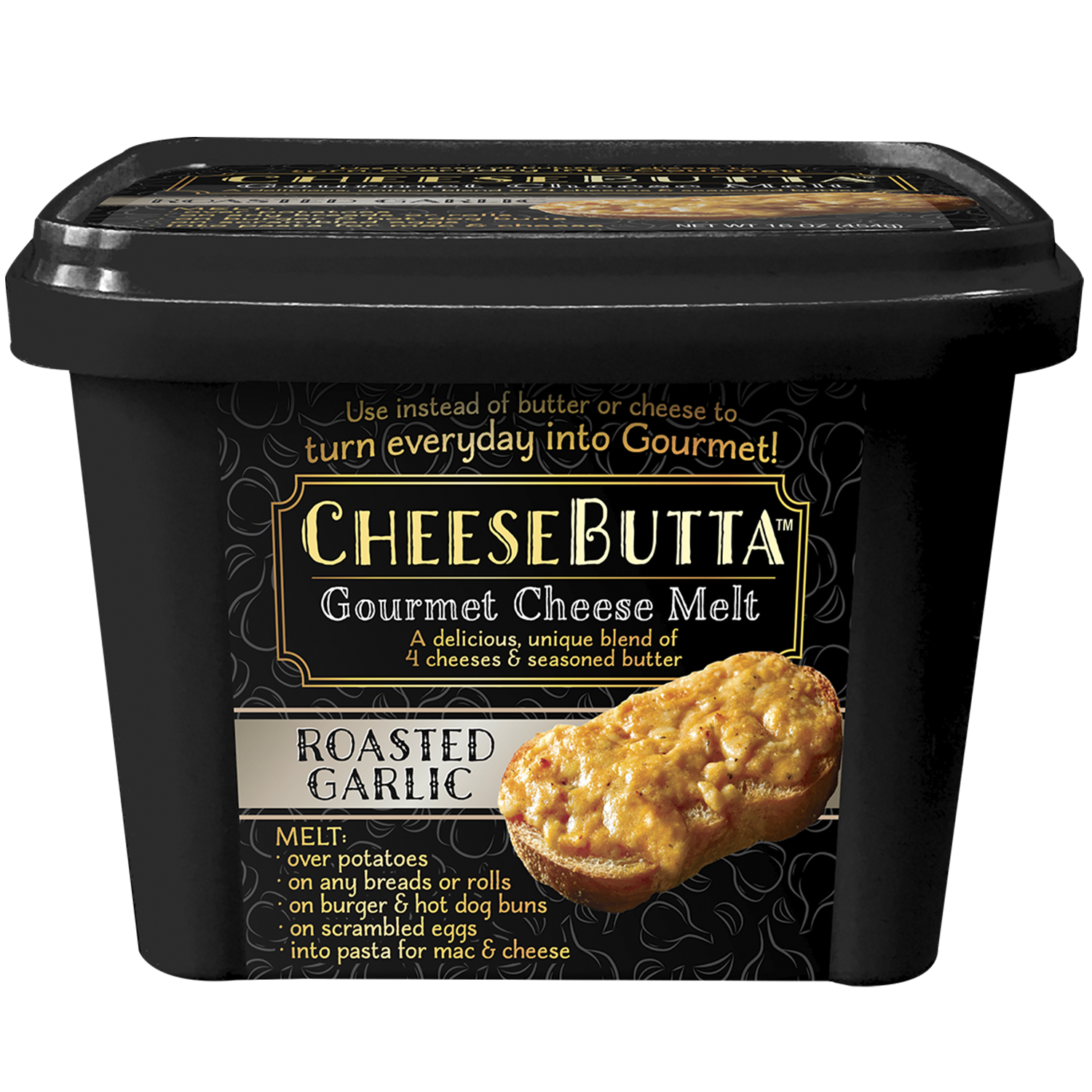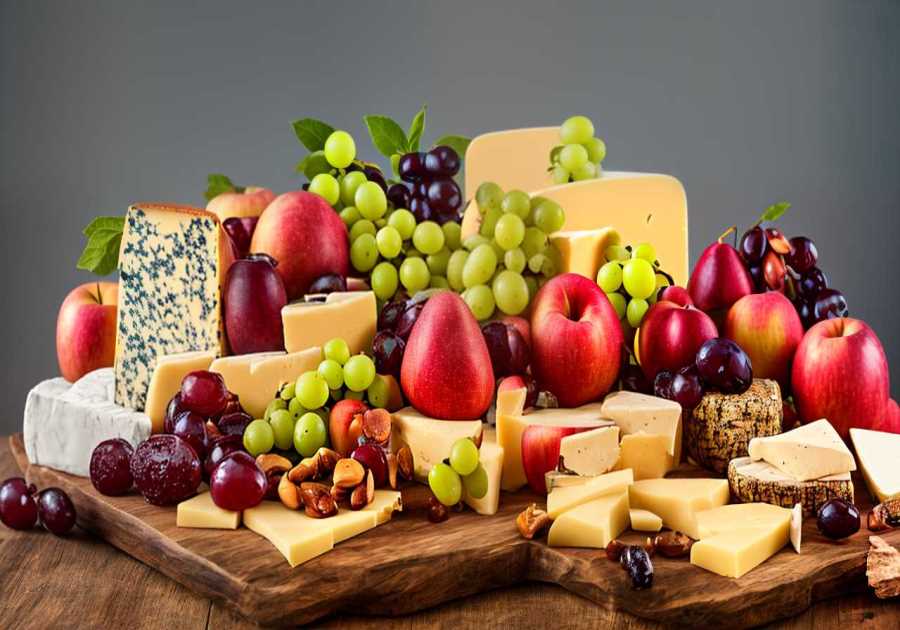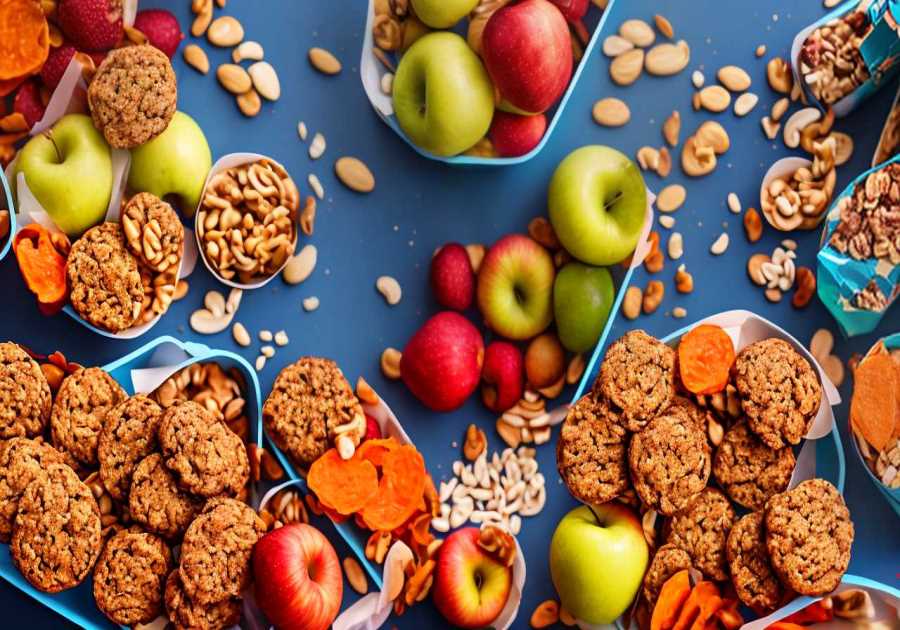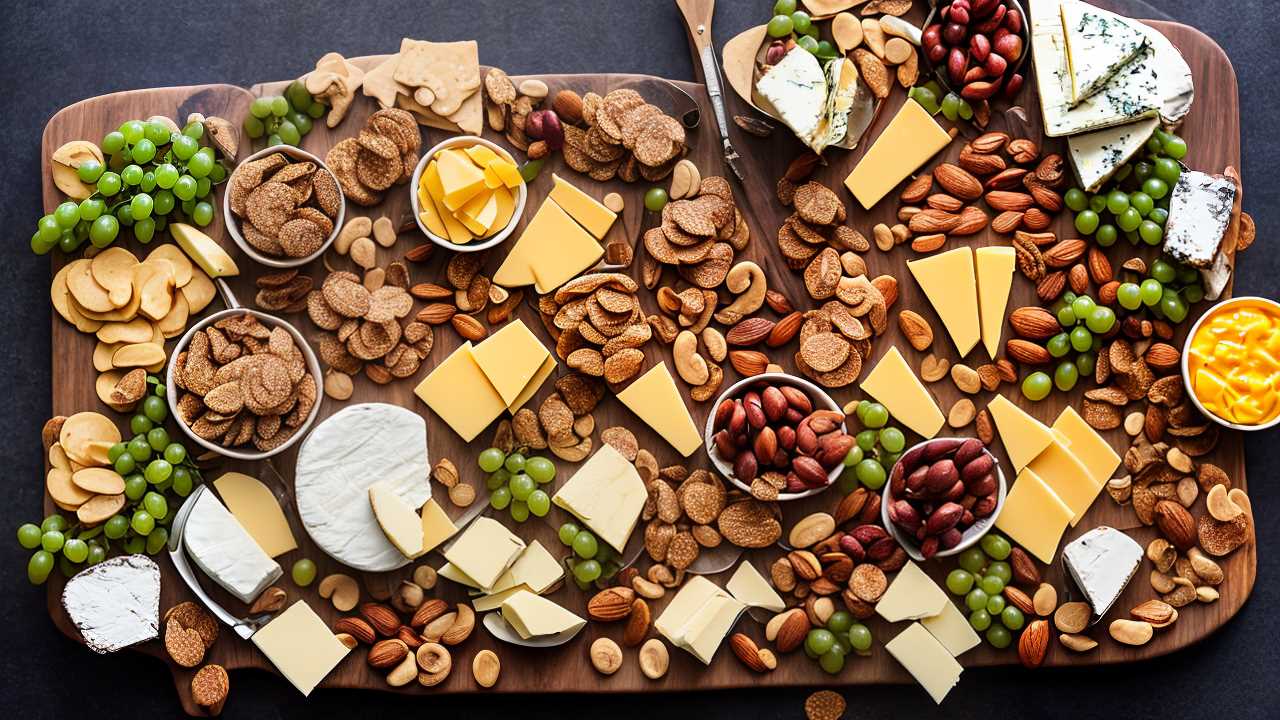
What Should I Eat if I Want Cheese?
If you're keen on cheese, opt for choices that balance taste and health benefits. Pair sharp cheddar with apple slices for a snack rich in calcium and fiber, or blend creamy goat cheese with figs for a nutrient-packed treat. For a healthier twist, try skim mozzarella which offers high protein but lower fat. Cooking? Sprinkle some aged Parmesan on your dishes; it's loaded with flavor, allowing you to use less while still reaping the vitamin B12 and calcium benefits. Exploring these nutritious options can whet your appetite for even more creative and beneficial ways to enjoy cheese in your diet.
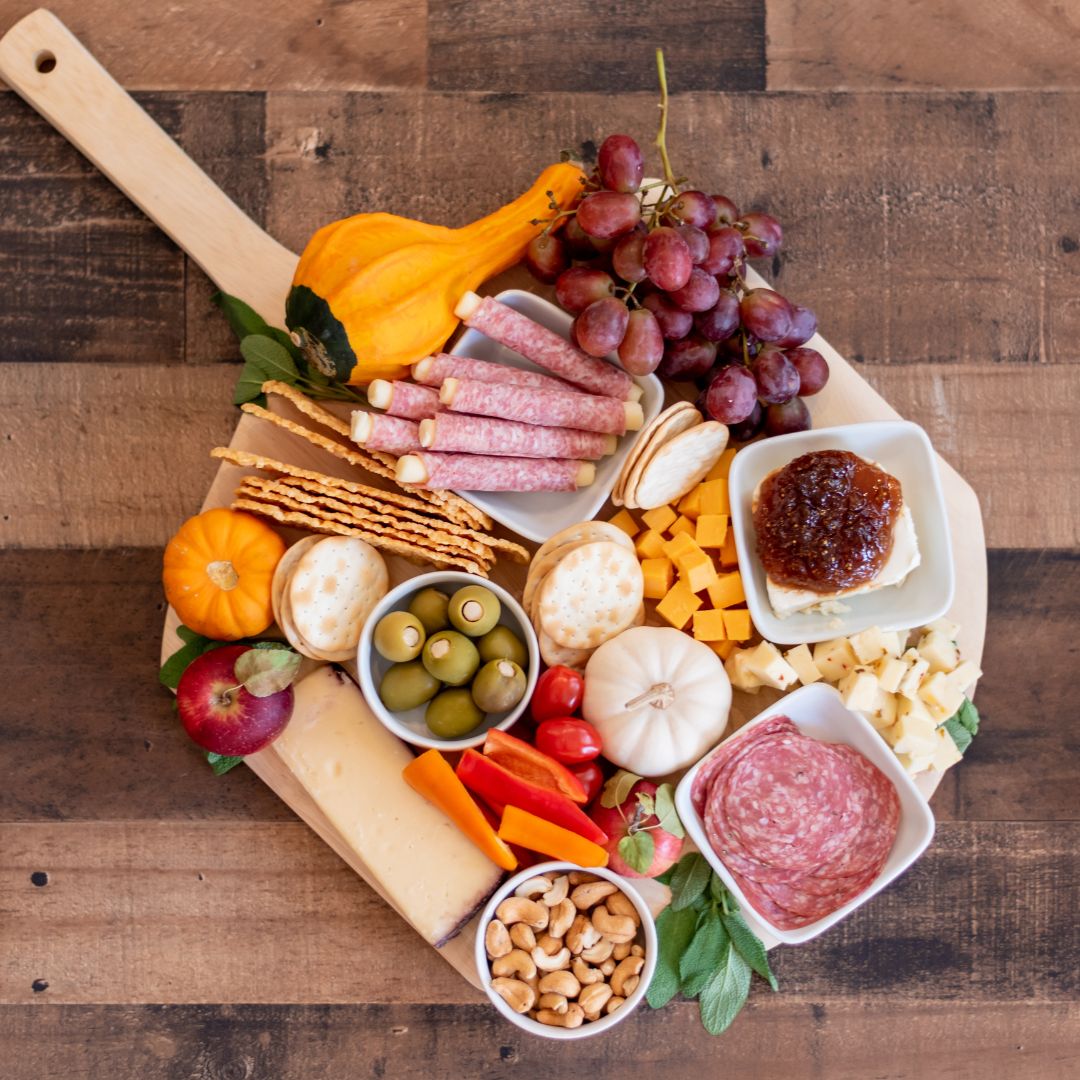
Classic Cheese Pairings
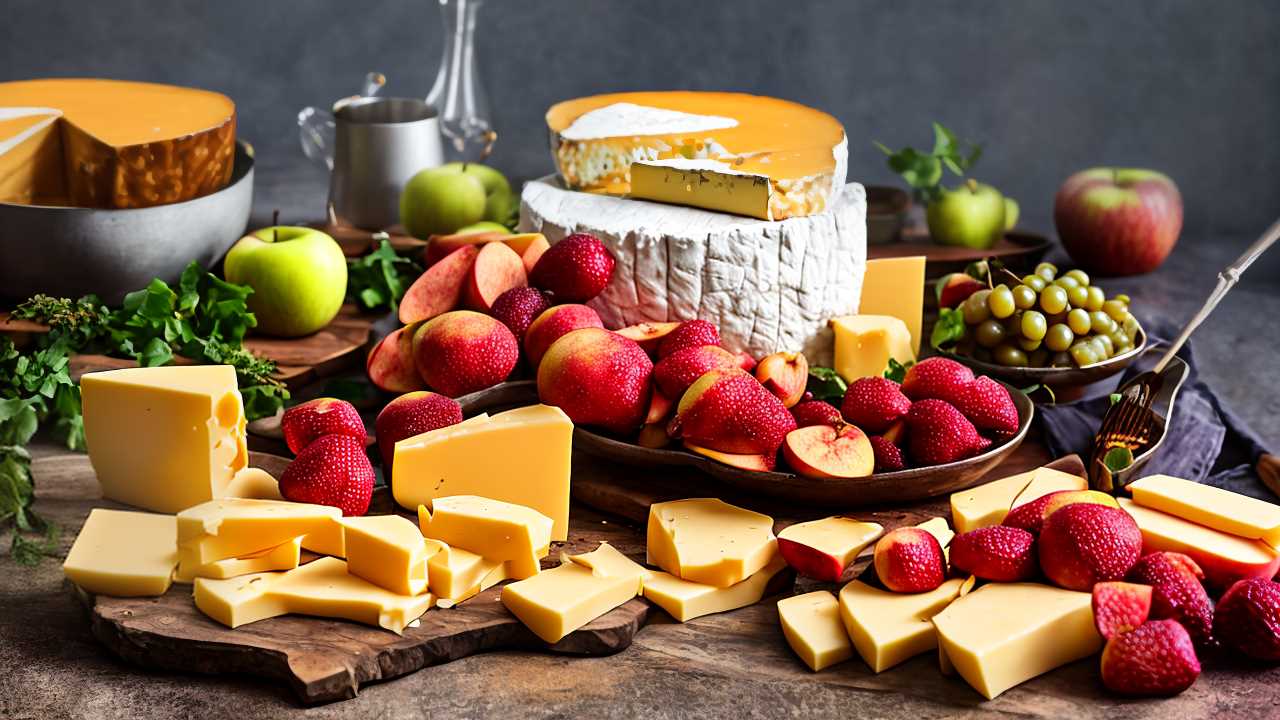
Pairing cheeses with the right foods can enhance their flavors and offer nutritional benefits. You're not just serving a meal; you're crafting an experience that honors the rich traditions and healthful virtues of cheese varieties.
Understanding cheese history helps you appreciate the nuances that each type brings to the table. For instance, the bold, aged notes of a Parmigiano-Reggiano can be traced back to medieval times, making it a testament to enduring food practices that prioritize both taste and nourishment.
Exploring new cheese and fruit combinations can lead to delightful culinary discoveries, such as pairing creamy goat cheese with the sweet juiciness of figs. When choosing companions for cheese, consider fruits and nuts, which not only complement the flavors but also boost the meal's nutritional profile.
A slice of sharp cheddar pairs wonderfully with apple slices. The fruit's crisp sweetness contrasts the cheddar's creamy solidity, while both provide essential nutrients such as calcium and fiber.
Similarly, a soft, creamy Brie goes well with walnuts, offering a satisfying texture and a mix of antioxidants and healthy fats. For those who guide others in nutritional choices, it's vital to advocate for balance.
Encourage the addition of whole grain crackers or bread with cheeses like Gouda or Swiss. These pairings not only please the palate but also ensure a good intake of complex carbohydrates and essential B vitamins, supporting overall energy levels and digestive health.

Cooking With Cheese

Integrating cheese into your cooking not only enhances flavor but also boosts your meal's nutritional value. When you choose to include cheese, you're adding essential nutrients like calcium, protein, and vitamin B12.
It's important, however, to select the right type of cheese to maximize health benefits while catering to the taste and dietary needs of those you're serving. Understanding different cheese types and their properties can guide you in making healthier choices. For instance, opting for cheeses like mozzarella or ricotta can be a lighter option, providing protein without excessive fat.
On the other hand, aged cheeses like Parmesan are rich in flavor, allowing you to use less while still achieving a deep taste profile. This strategy not only preserves the cheese's integrity but also controls calorie intake.
Cheese preservation is another key aspect to consider in your cooking. Proper storage extends the life of cheese and maintains its nutritional quality. For hard cheeses, store them in a cool, dry place wrapped tightly in wax paper followed by a loose cover of aluminum foil. This method prevents the cheese from drying out and becoming moldy, ensuring it remains safe and delicious for your cooking needs.
Exploring global cheese cultures can further enrich your culinary creations, offering a palette of flavors and textures from around the world.

Cheese-Focused Recipes
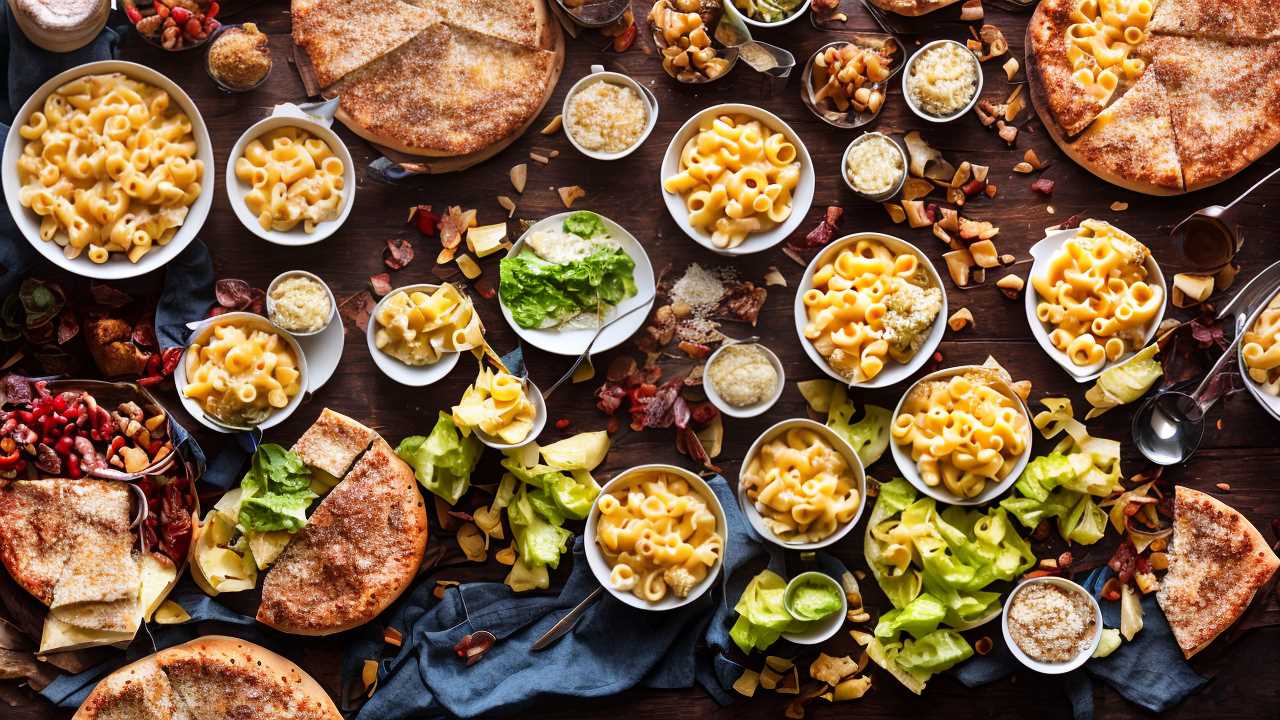
After exploring the various ways cheese can enhance your cooking, let's focus on specific recipes that put cheese at the heart of the dish. When you're planning to cook with cheese, choosing the right cheese types and understanding cheese storage are crucial to ensure both flavor and nutritional benefits.
Consider a classic Broccoli Cheddar Soup, where the richness of cheddar complements the fibrous broccoli, creating a comforting, nutritious meal. Opt for a sharp, aged cheddar as it not only melts well but also offers a deeper flavor and contains slightly less lactose, making it easier on the digestive system.
Including a cheese like aged cheddar, which benefits from the aging process, adds complexity and enhances the soup's flavor profile.
For a delightful appetizer, try making stuffed bell peppers with a mix of ricotta, parmesan, and a sprinkle of mozzarella. Ricotta is high in protein and calcium, while parmesan adds a salty punch and is rich in vitamins and minerals.
Ensure your cheeses are stored in the fridge at a consistent temperature, ideally in a dedicated cheese drawer to maintain their quality and prevent spoilage.
Another heart-healthy recipe is a quinoa and feta salad. Feta cheese is lower in fat and calories compared to many other cheeses and adds a tangy sharpness that enhances the dish without overpowering the other ingredients.
Store feta in brine within your refrigerator to keep it fresh and flavorful.
These recipes not only satisfy your cheese cravings but also provide valuable nutrients, making them excellent choices for serving a wholesome meal to family or guests.
Always remember, the quality of cheese can make or break your dish, so store it properly and choose wisely.

Healthy Cheese Options
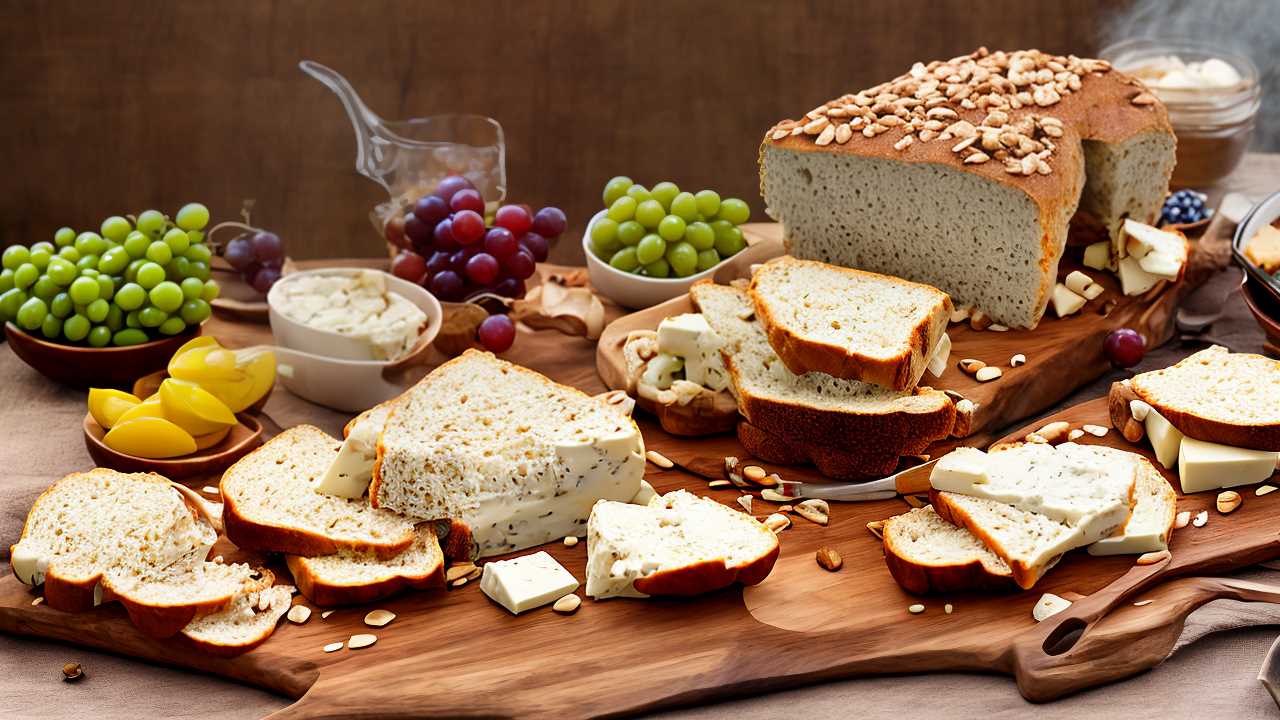
If you're looking to enjoy cheese while maintaining a healthy diet, consider choosing options that are lower in fat and sodium yet still packed with flavor. Opting for low fat alternatives or plant-based cheeses can significantly contribute to a balanced diet, helping you serve your body and those you care for with nutritious choices.
One of the most appealing aspects of cheese is its rich variety. When selecting healthier options, you don't have to compromise on taste. For instance, certain types of cottage cheese are low in fat but remain high in protein, making them an excellent choice for maintaining muscle health. Similarly, mozzarella, particularly the skim-milk version, offers a delicious flavor with fewer calories and less fat.
Moreover, as dietary preferences evolve, plant-based cheeses have emerged as a fantastic option for those avoiding animal products or looking to reduce cholesterol intake. These cheeses are crafted from nuts, seeds, or vegetable oils and are designed to mimic traditional cheese flavors while offering nutritional benefits such as being cholesterol-free and lower in saturated fats.
Here's a quick guide to help you choose:
| Cheese Type | Key Benefits |
|---|---|
| Skim Mozzarella | Lower in fat, high in protein |
| Cottage Cheese | Low in fat, high in protein |
| Plant-Based Cheeses | Dairy-free, lower in saturated fats |

Unexpected Cheese Combinations
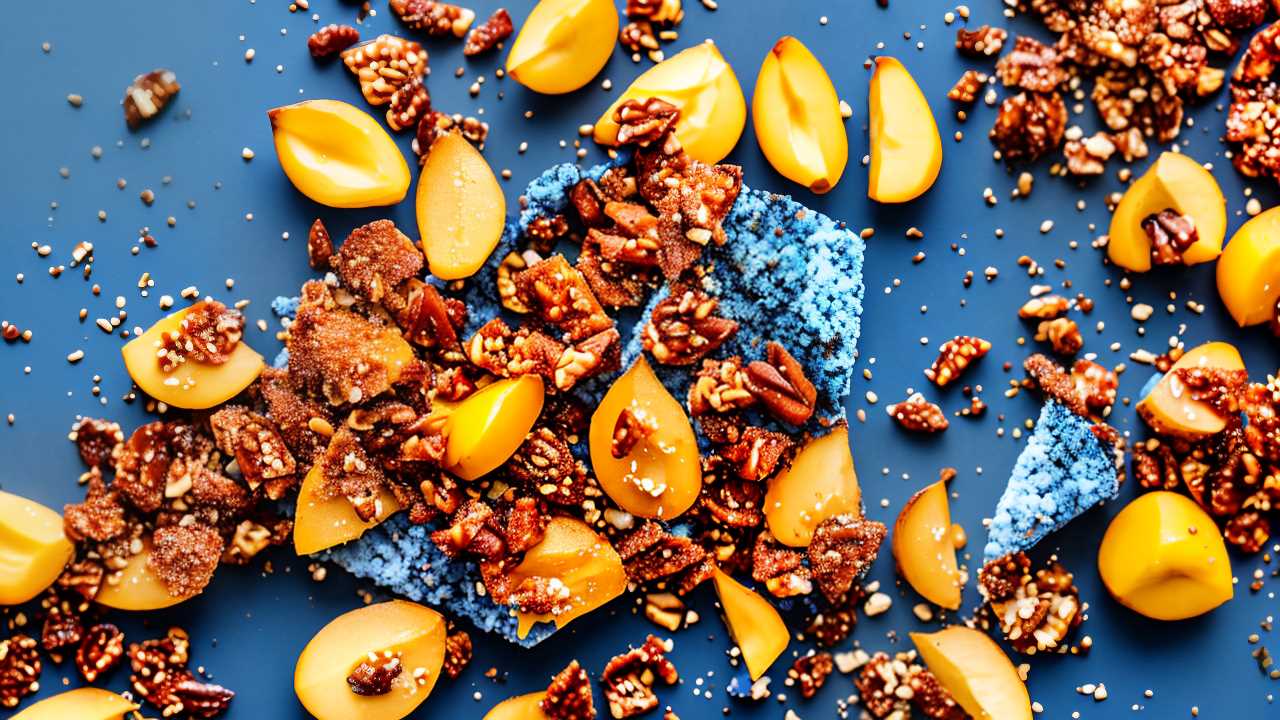
While exploring healthy cheese options, you might also find delight in pairing them with less conventional foods to enhance both flavor and nutritional value. For instance, consider the surprising yet delicious combination of cheese with certain fruits and dark chocolate. These pairings not only tickle your taste buds but also boost your intake of antioxidants and fiber.
Diving deeper into unexpected territory, have you ever thought about cheese desserts? Imagine a light, airy cheesecake made with ricotta instead of cream cheese, sweetened naturally with a touch of honey and topped with fresh berries. This approach not only satisfies your sweet tooth but also supplies your body with essential proteins, calcium, and less sugar than traditional desserts.
Now, let's talk about cheese cocktails. Yes, it sounds unconventional, but blending soft cheeses like goat cheese into a cocktail can create a creamy, savory twist that complements the sharpness of spirits like gin or vodka. For a health-conscious twist, mix in freshly squeezed vegetable juices and a dash of turmeric or ginger, which are known for their anti-inflammatory properties.
These cocktails could serve as a novel appetizer or a conversation-starter at your next gathering.
Embracing these unusual combinations can elevate your culinary experiences and offer nutritional benefits. Whether you're preparing a meal for yourself or crafting something unique for friends and family, integrating cheese in innovative ways can cater to both health and taste.
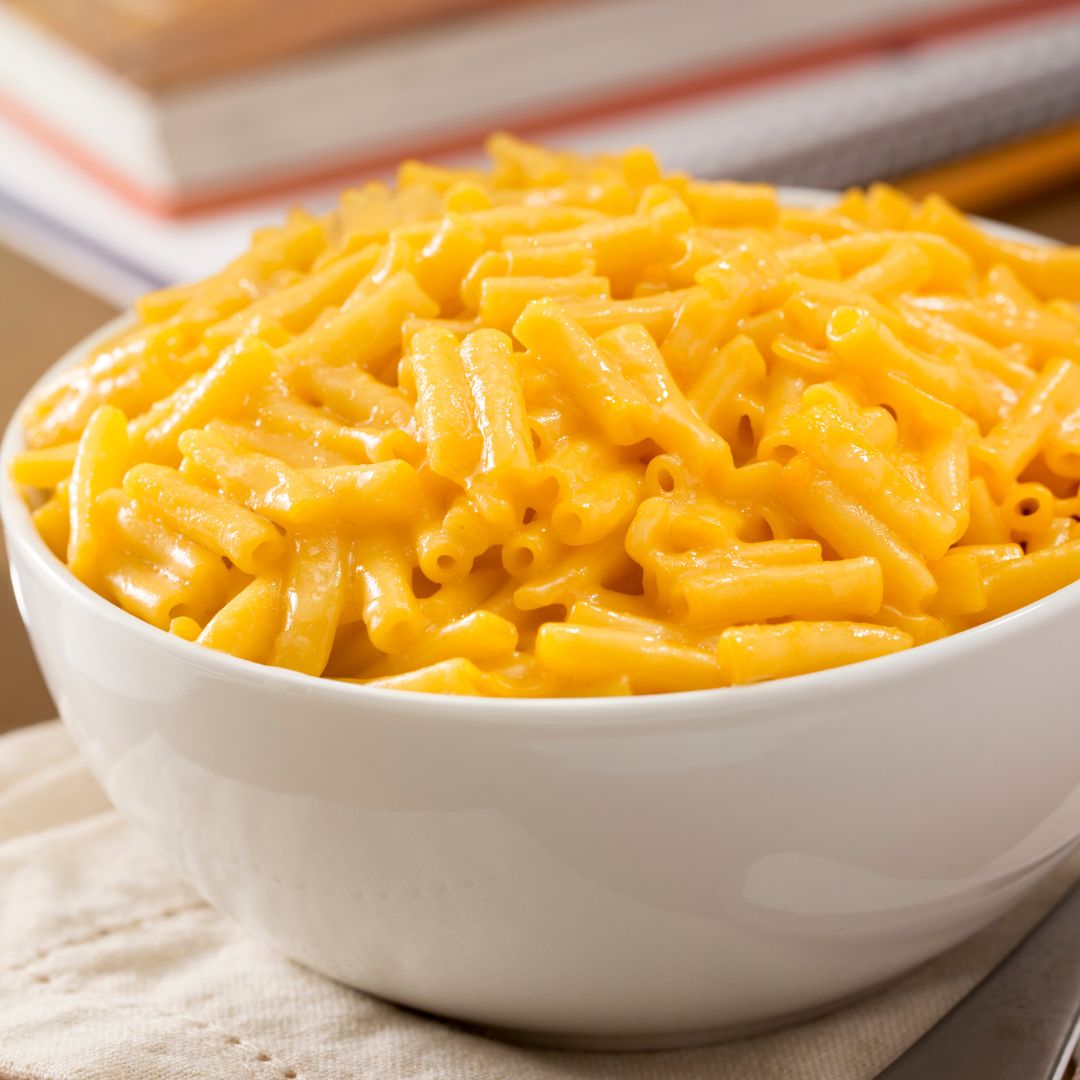
Frequently Asked Questions
Can Cheese Help Improve Sleep Quality?
Yes, cheese can actually help improve your sleep quality. It contains tryptophan, an amino acid that promotes sleep.
Cheese benefits include its role in sleep nutrition by helping regulate your sleep cycles. Opt for a small serving as part of your bedtime routine.
This approach isn't only health-conscious but also supports your body's natural processes. Remember, moderation is key in reaping the benefits without overloading on calories.
Is Cheese Safe for Lactose Intolerant Individuals?
You might find navigating the cheese aisle a bit like threading a needle if you're lactose intolerant. Not all cheeses trigger the same response.
Hard, aged cheeses like Parmesan and cheddar often contain less lactose and might be easier on your digestion. For safer options, explore lactose-free cheeses or plant-based alternatives like almond or soy cheese, which completely bypass lactose digestion issues while letting you enjoy the creamy delight of cheese in your meals.
How Does Cheese Production Impact the Environment?
Cheese production can significantly affect the environment, from resource-intensive dairy farming to the energy used in manufacturing processes.
You're looking at high water usage and considerable greenhouse gas emissions.
To serve others and the planet well, consider opting for cheeses from local, sustainable sources or exploring plant-based alternatives.
Being mindful of these choices helps ensure you support environmentally friendly practices while still enjoying your favorite flavors in a more health-conscious, responsible way.
Are There Vegan Cheese Options That Taste Like Real Cheese?
Absolutely, you've got some great vegan cheese options that mimic real cheese quite convincingly!
Studies show that modern vegan cheeses offer diverse flavor profiles and significant nutritional benefits, including being lower in saturated fat.
They're crafted to provide similar textures and tastes to traditional dairy cheeses, catering to both health-conscious individuals and those looking to serve plant-based dishes.
This makes exploring these alternatives both a delightful and responsible choice for your diet.
What Are the Historical Origins of Cheese Making?
Cheese making began over 7,000 years ago with ancient techniques that evolved as societies learned the nutritional benefits of fermented dairy.
These early methods have shaped the cheese evolution, highlighting its role in a balanced diet.
By understanding these origins, you're better equipped to choose cheeses that contribute to health, offering protein and calcium.
Consider serving varieties that complement dietary needs, ensuring everyone can enjoy the rich flavors and historical richness of cheese.
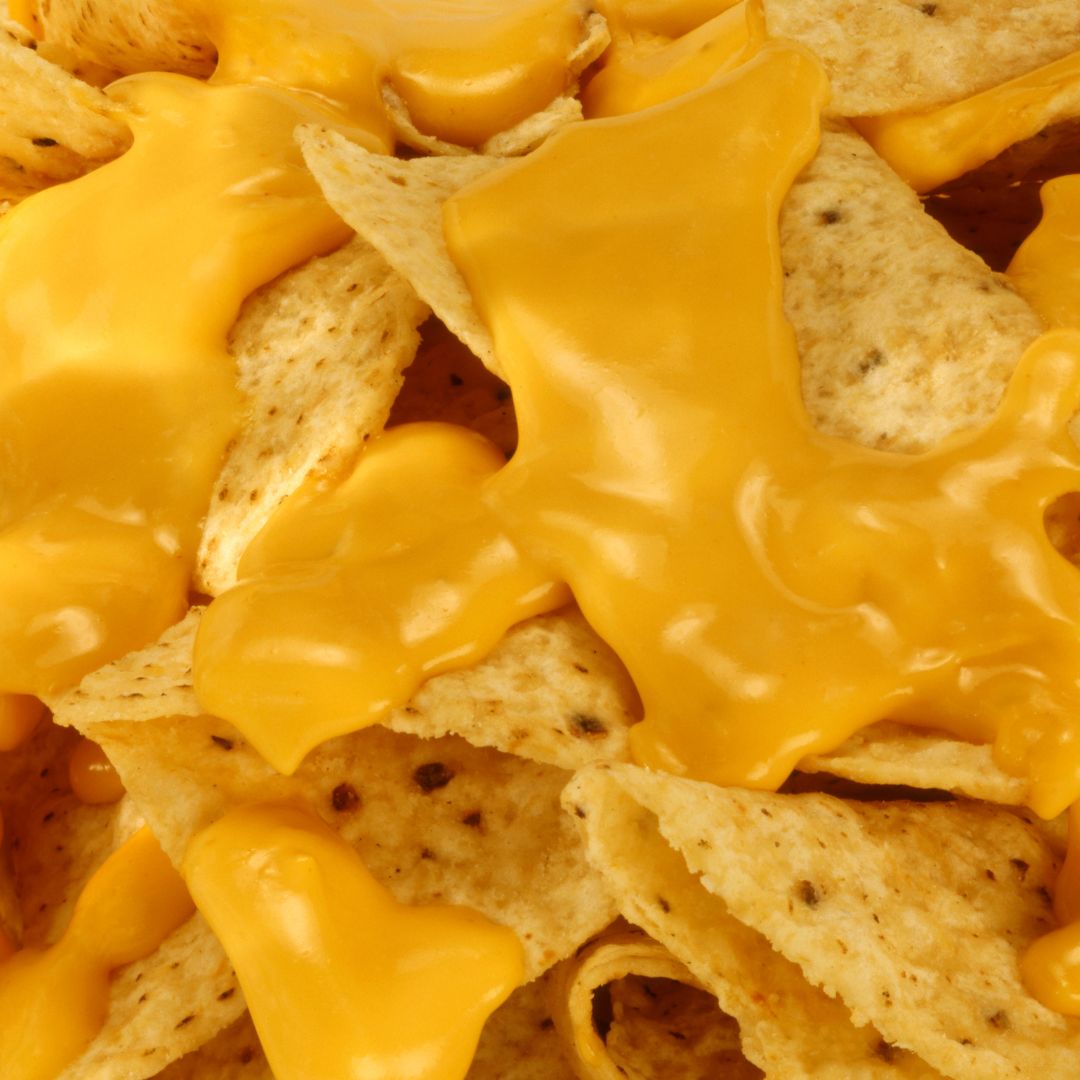
Conclusion
Now that you've explored the savory world of cheese, remember to choose wisely. Like pairing wine with the perfect dish, match cheese with healthier companions such as whole-grain bread and fresh fruit. Opt for options like low-fat mozzarella or cottage cheese in your cooking to keep things lighter. Cheese can be a delightful addition to your diet when used in moderation and balanced with nutrient-rich foods, ensuring you enjoy its rich flavors without compromising your health goals.

